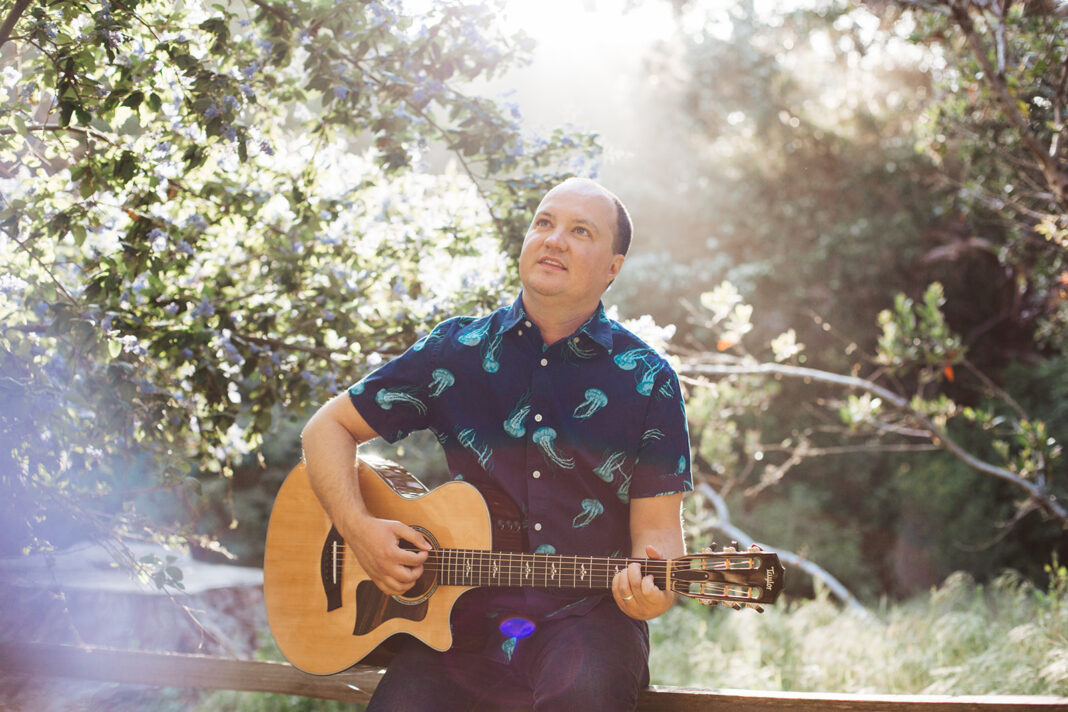This spring the city council of Sacramento unanimously voted to declare the California capital a “sanctuary city” for transgender people. The resolution states that no city resources will be used to criminalize trans people seeking transition-related care or to cooperate with jurisdictions seeking to enforce laws that criminalize such care elsewhere.
Though the resolution may not directly affect many visitors to Sacramento—who usually come for the farm-to-fork dining, shopping, history and nature—it certainly sends a signal that the city is trans friendly. And perhaps over time, the resolution may, indeed, affect visitors, if Sacramento becomes a hub for transition-related care, surrounded by other less-friendly jurisdictions. So far, 24 states have implemented or threatened to implement bans on best practices—medication and surgical care—for transgender youth, according to the LGBTQ2S+ think tank Movement Advancement Project.
So Pink Ticket Travel had to ask: What’s the vibe in Sacramento for trans residents and visitors? We took our questions to Eli Conley, a trans singer-songwriter, artist, educator and activist who grew up in Virginia and lived in the San Francisco Bay Area before moving to Sacramento in 2020. Conley’s third album, Searching for What’s True, was released in summer 2023, and he’s setting out on a summer tour of eastern U.S. cities.
How did you end up in Sacramento?
I grew up in Richmond, Virginia, about two hours from Washington, D.C., and then a small town outside of Richmond. In that era, the Virginia state legislature was passing bills to try to ban gay-straight alliances. That was something we were fighting back then. I’ve chosen in my adult life to live in California, where I find it a little bit easier to be queer and trans and out.
I lived in the Bay area, specifically Oakland and Berkeley, for 13 years after I finished college. It’s an amazing place, where every other person you meet is queer in some way. In 2020, when everything shut down, all of my teaching work moved online, as did my husband’s work. We had some friends who had moved to Sacramento, which was not on our radar. We kind of thought of it as a sleepy capital town. So we came and drove around and visited. We really liked it. And we wanted to buy a house and stay in California, but as you may know, the Bay area is one of the most expensive places in the U.S. to do that. So we decided to make the leap and buy a house and move here, and we’re really thankful that we did.
What do you like about Sacramento?
It has a lot of the things that we loved about the Bay area: It’s multiracial; it has a lot of LGBTQ2S+ people, great restaurants and art. But compared to a major metropolitan area, it’s a slower pace of life. We can afford a house with a backyard. Even just finding parking is surprisingly easy.
It feels like a place where, if you build it, people will come. There are a lot of community-based organizations in the queer and trans community. The Gender Health Center (3823 V St., Sacramento) is a non-profit by and for trans folks that provides free and low-cost therapy for trans and gender-nonconforming folks, as well as support groups. The Lavender Library (1414 21st St., Sacramento) has LGBTQ2S+ books, videos and other media you can check out, although I don’t know if people are still checking out DVDs these days. They also host community events, like a queer comedy open mic that I’ve played at. They host queer craft nights and a book club.
Then there are larger organizations like the Sacramento LGBT Community Center (1015 20th St., Sacramento), which provides services and does advocacy. [It also organizes Sacramento Pride, which runs June 8 and 9, 2024.]
We have what’s called Lavender Heights, in Midtown, which is like our neighbourhood—it’s where a lot of queer and trans people live. It has a number of different gay bars, cafés. It’s small, maybe five blocks square.
There’s a comedy club in Lavender Heights, Sacramento Comedy Spot (#130, 1050 20th St., Sacramento), which is not specifically gay, but they have a comedy troupe that is all trans and nonbinary folks, and they have a number of queer-themed comedy nights.
There’s an open-mic series called Speak Out! (Shine café, 1400 E. St., Sacramento, every first and third Wednesday) that’s organized by a queer woman. While it’s not only queer people who come, it’s a very open, welcoming community, and a lot of the people who perform are queer.
I’m not really a bar and club person, but Faces (2000 K St., Sacramento) is the big gay nightclub. The Mercantile Saloon (1928 L St., Sacramento) is a gay bar with music and videos. There’s also a bear bar, The Bolt (2560 Boxwood St., Sacramento).
What do you think making Sacramento a transgender sanctuary city will mean for residents and visitors?
The resolution is a big deal, especially because it’s one of the first passed by a city in the U.S. [Kansas City, Missouri, declared itself an LGBTQ sanctuary city in 2023; several states have declared themselves trans sanctuary states including California itself.] We are in this time where the right is pushing anti-trans bills across the U.S., and to put that stake in the ground and say, not only are we not going to be banning gender-affirming care, but Sacramento is a safe space where you can have what you need as a trans person regarding healthcare and just living your life—that’s a big deal.
We often think of bigger cities like San Francisco, New York or Chicago as places where trans people can go to live our lives in as much peace as possible, but knowing that there are smaller cities where we can be welcomed as ourselves is really meaningful. As far as I know, we don’t have any LGBTQ2S+ members of city council, so it’s good to know we have champions in the halls of power. Knowing that the police are not going to collaborate with governments from places with regressive policies around trans rights is a really big deal, honestly.
My hope is that the city will back this up by funding more services, supporting the community, providing access to care for those who come here. I hope that other cities take inspiration from this.
Aside from this progressive mindset, what are other things that make Sacramento a good place to visit?
It’s actually a really beautiful city with lots of trees. We’re at the confluence of two rivers, the American River and the Sacramento River. There’s a spot on the American River that my husband found just 15 minutes away where we go almost every weekend in the summer. We can swim. People fish and go inner tubing and boating down the river. We’re birders, so we do birdwatching at different places nearby.
It’s very multiracial, actually, one of the most integrated cities in the U.S., so it feels culturally rich. There are lots of arts organizations, theatre companies and music venues. University of California, Davis is very close, and it has some excellent art museums and hosts world-class performers when they come through.
We’re in California’s Central Valley, which is a very flat agricultural area, a green spot in the valley, so we’re known as the Farm-to-Fork Capital. [The Farm-to-Fork Festival is September 5 to 21, 2024.] Within 50 miles, we have many organic farms, and we have excellent farmers markets, so it’s really easy to eat locally here. There are some amazing restaurants. We’re also only 90 minutes from the mountains, 90 minutes from the Bay area and less than 90 minutes from Napa, which is wine country. So there are a lot of different kinds of places you can travel to on a day trip.
Also, Sacramento played a part in the California Gold Rush—Old Sacramento is a historic tourist district with a lot of original buildings dating back to the 1800s. You can catch a riverboat cruise there; it’s the kind of area where you can buy saltwater taffy, T-shirts, that sort of thing.
Not too far away is the California State Capitol, which has the California State Capital Museum (1315 10th St., Sacramento), which you can visit.
This interview has been edited for length and clarity.


